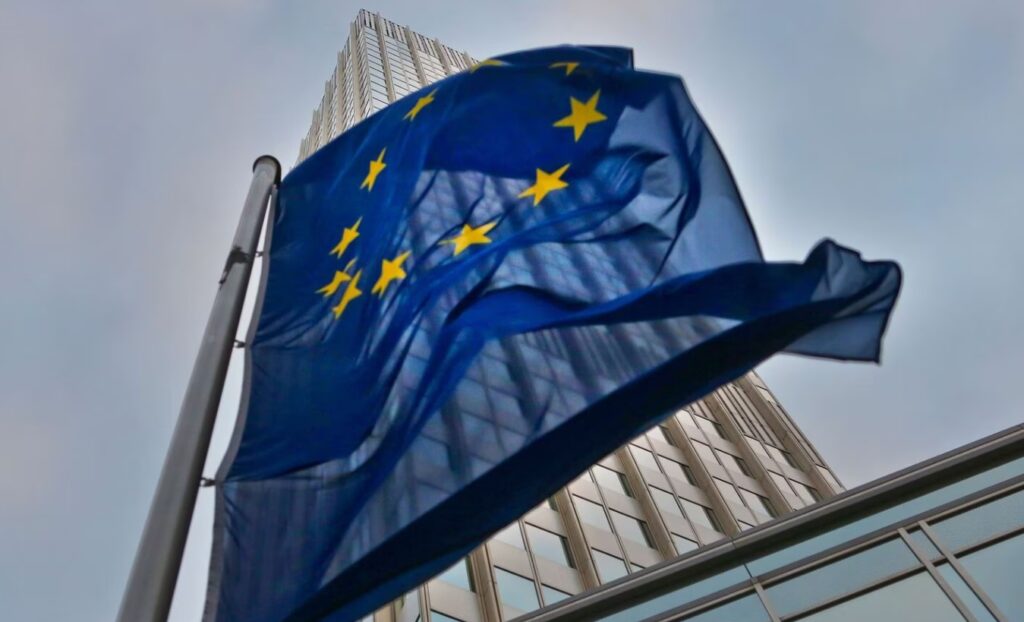The European Central Bank (ECB) has raised its key interest rate to a record high of 4% on Thursday, signaling that it may have reached the peak of its tightening cycle amid persistent inflation pressures and slowing economic growth.
ECB’s dilemma: high inflation and weak growth
The ECB’s decision to hike rates for the 10th consecutive time since March 2022 came after a long deliberation over its updated forecasts for inflation and economic growth and what they should mean for monetary policy.

The central bank faces a difficult trade-off between fighting inflation, which is expected to average 5.6% this year and 3.2% next year, well above its target of close to but below 2%, and supporting the recovery, which is losing momentum due to the impact of the omicron variant, supply chain disruptions and labor shortages.
The ECB’s staff projections show that the euro area economy will grow by 4.5% this year, down from a previous estimate of 4.7%, and by 3.9% next year, unchanged from the previous forecast. However, the outlook for 2025 has been revised down from 2.1% to 1.9%.
ECB’s message: rates are at appropriate levels
While the ECB did not rule out further rate hikes completely, it said that rates were at levels that if “maintained for a sufficiently long duration, will make a substantial contribution to the timely return of inflation to the target.”
This suggests that the ECB believes that it has done enough to contain inflation expectations and that it will now adopt a wait-and-see approach before considering any further policy moves.
The ECB’s president, Christine Lagarde, said at a press conference that the central bank was “not declaring victory” over inflation, but that it was confident that inflation would decline gradually over the medium term as the temporary factors that have been driving it up fade away.
She also said that the ECB was ready to adjust its policy stance if needed, depending on the evolution of the economic situation and the inflation outlook.
Market reaction: euro falls, bond yields rise
The market reaction to the ECB’s announcement was mixed, as investors weighed the hawkish tone of the rate hike against the dovish signal of a possible pause in the tightening cycle.
The euro fell against the US dollar, dropping from 1.18 to 1.17, as traders reduced their bets on further rate increases by the ECB. The euro also weakened against other major currencies, such as the British pound and the Japanese yen.
Meanwhile, bond yields rose across the euro area, reflecting the higher cost of borrowing and the expectation of higher inflation in the future. The yield on the 10-year German bund, the benchmark for eurozone debt, climbed from 0.4% to 0.5%, while the yield on the 10-year Italian bond increased from 1.2% to 1.3%.
Analysts’ views: rates have peaked, but risks remain
Analysts generally agreed that the ECB had reached the end of its hiking cycle, but they also warned that there were still significant risks and uncertainties surrounding the inflation outlook and the economic recovery.
Holger Schmieding, chief economist at Berenberg Bank, said that he expected rates to remain at 4% until September 2024, implying a 12-month pause by the ECB. He added that he did not expect inflation to return to the ECB’s target until 2025.
Raphael Thuin, head of capital markets strategies at Tikehau Capital, said that he saw an alternative and less optimistic scenario in which inflation was surprisingly strong and resilient, and appeared to be structural rather than transitory. He said that this could force the ECB to resume its rate hikes sooner than expected.
